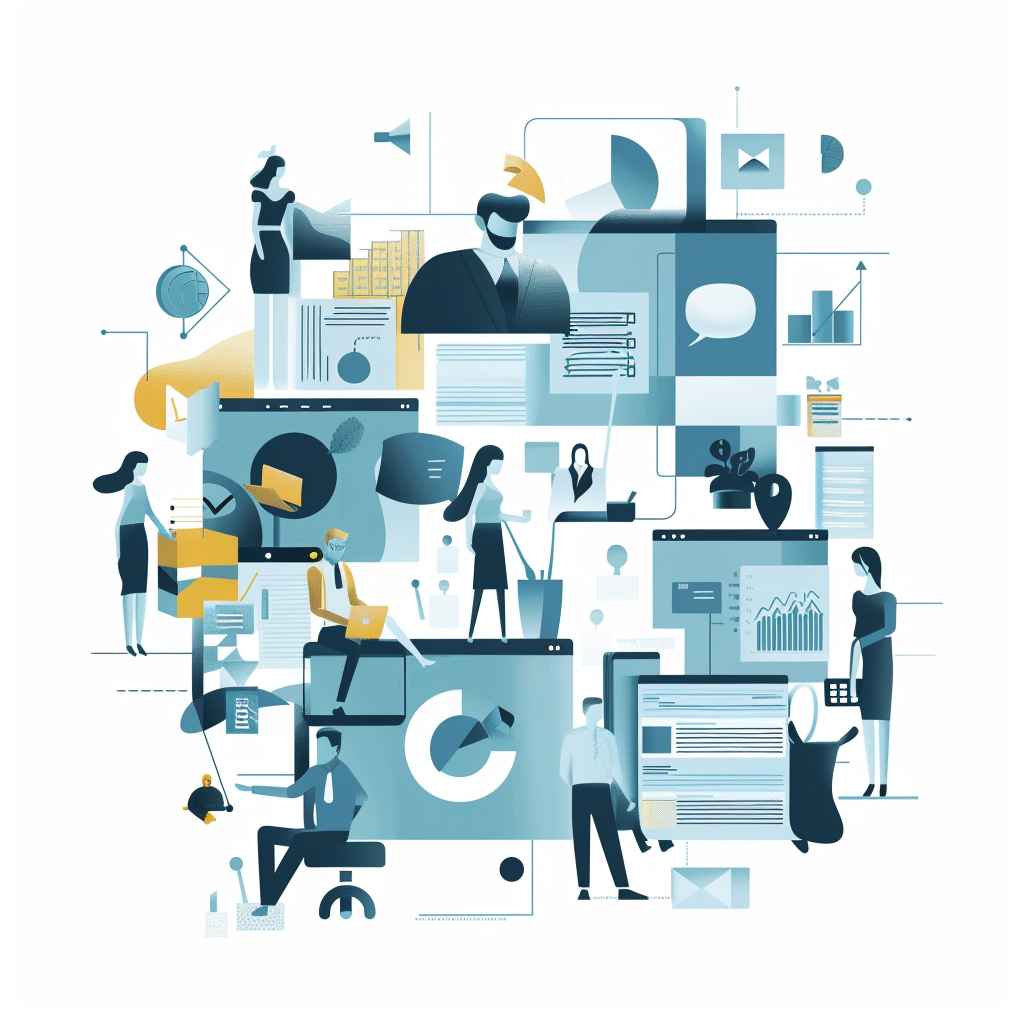TL;DR: AI is revolutionizing email marketing by automating tasks, enhancing personalization, and optimizing send times. This leads to improved engagement and increased revenue, addressing key challenges for B2B SaaS marketers in the TOFU stage.
AI Adoption in Email Marketing
The adoption of AI in email marketing is growing rapidly, transforming workflows and enhancing campaign performance. In 2025, 70% of US marketers are using AI tools for email-related tasks, with 34% specifically applying AI for email copywriting. This shift is most evident in the 50.7% of US and EU marketers who report that AI-driven approaches outperform traditional methods.
According to research by Omnisend, the benefits are clear: AI-driven email campaigns have boosted click-through rates by 13% and increased revenue by 41% when compared to traditional strategies. Furthermore, 66% of marketers now use AI to optimize send times, significantly improving engagement rates.
The Challenges Faced by B2B Marketers
Despite these advancements, the Stripo report highlights ongoing challenges. Half of B2B marketers experience gaps in technology, with 47% lacking adequate tools for lead generation and nurturing. There are also significant deficiencies in automation capabilities, which 44% of marketers struggle with, preventing efficient campaign execution and personalization.
Only 8% of B2B marketers possess an up-to-date tech stack for email marketing, which impacts their ability to make data-driven decisions. This means there’s a significant opportunity for AI-driven platforms to address these operational pain points.
Opportunities for AI-Powered Email Marketing
For B2B marketers, especially those at the top of the funnel (TOFU), investing in AI-powered email marketing solutions can transform their campaigns. Popular AI tools like ChatGPT, Copy.ai, Scalenut, and Jasper have become integral, used by 51%, 21%, 19%, and 14% of email marketers respectively.
The use of AI in generating personalized content and optimizing email timing directly addresses inefficiencies in these areas, resulting in more effective communications.
AI can also enhance subject line effectiveness, with research by Virfice showing a potential 30% increase in open rates. Additionally, interactive email content like polls and quizzes offers a 73% higher click-to-open rate.
Strategic Implementation for ROI
To overcome ongoing challenges, B2B CMOs in SaaS should seek AI solutions that not only automate content creation but also integrate robust analytics and compliance capabilities. AI’s predictive features allow for better engagement through optimized send times and 1:1 personalization—key drivers of improved campaign ROI.
Litmus research suggests that by 2026, AI could drive up to 50% of email marketing operations, which highlights its potential to scale efficiencies and reduce manual workloads. This positions AI as a critical component in future-proofing email marketing strategies.
By addressing existing technological gaps and leveraging AI’s capabilities in content personalization and timing, marketers can significantly improve campaign outcomes. Those who invest in these technologies now will not only address today’s pain points but also position themselves for scalability and enhanced ROI in the future.
FAQ
- Q: How much can AI improve engagement in B2B email marketing?
A: AI-driven email campaigns have shown a 13% increase in click-through rates and a 41% rise in revenue compared to traditional approaches. - Q: What are the main challenges AI can help solve?
A: AI addresses challenges in content creation, personalization, and timing inefficiencies, along with operational automation for better campaign scalability. - Q: Which AI tools are popular among B2B email marketers?
A: Popular tools include ChatGPT, Copy.ai, Scalenut, and Jasper.
